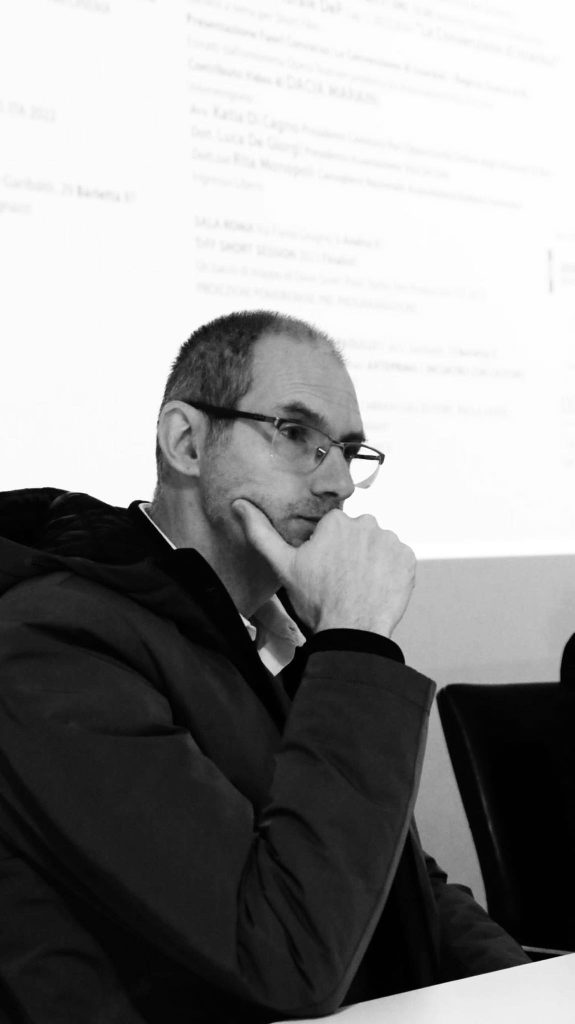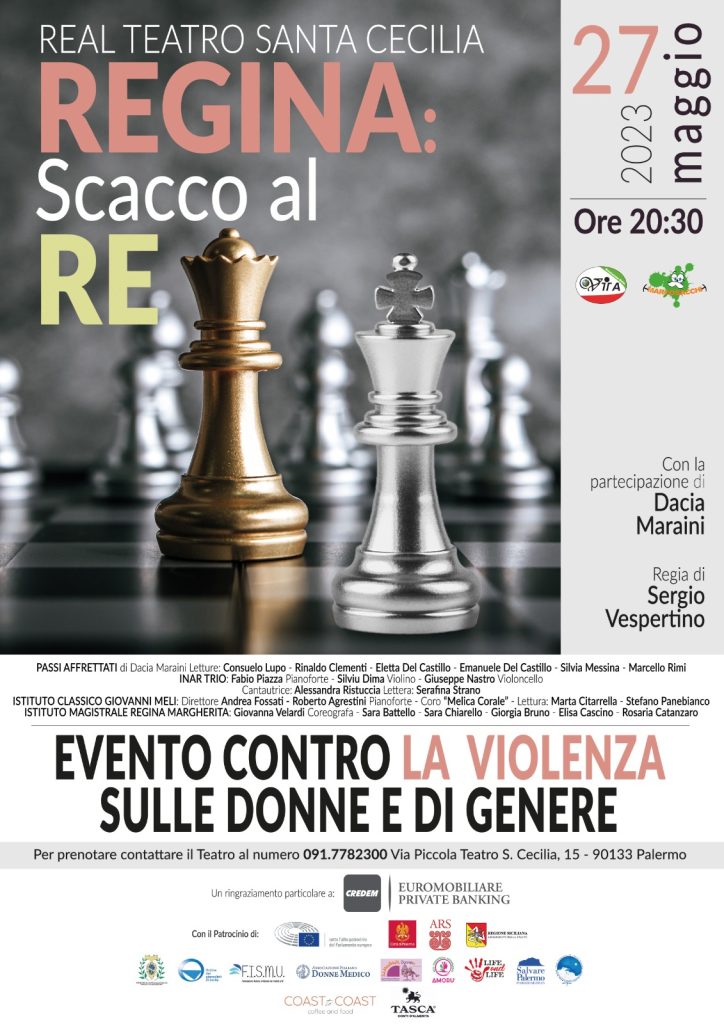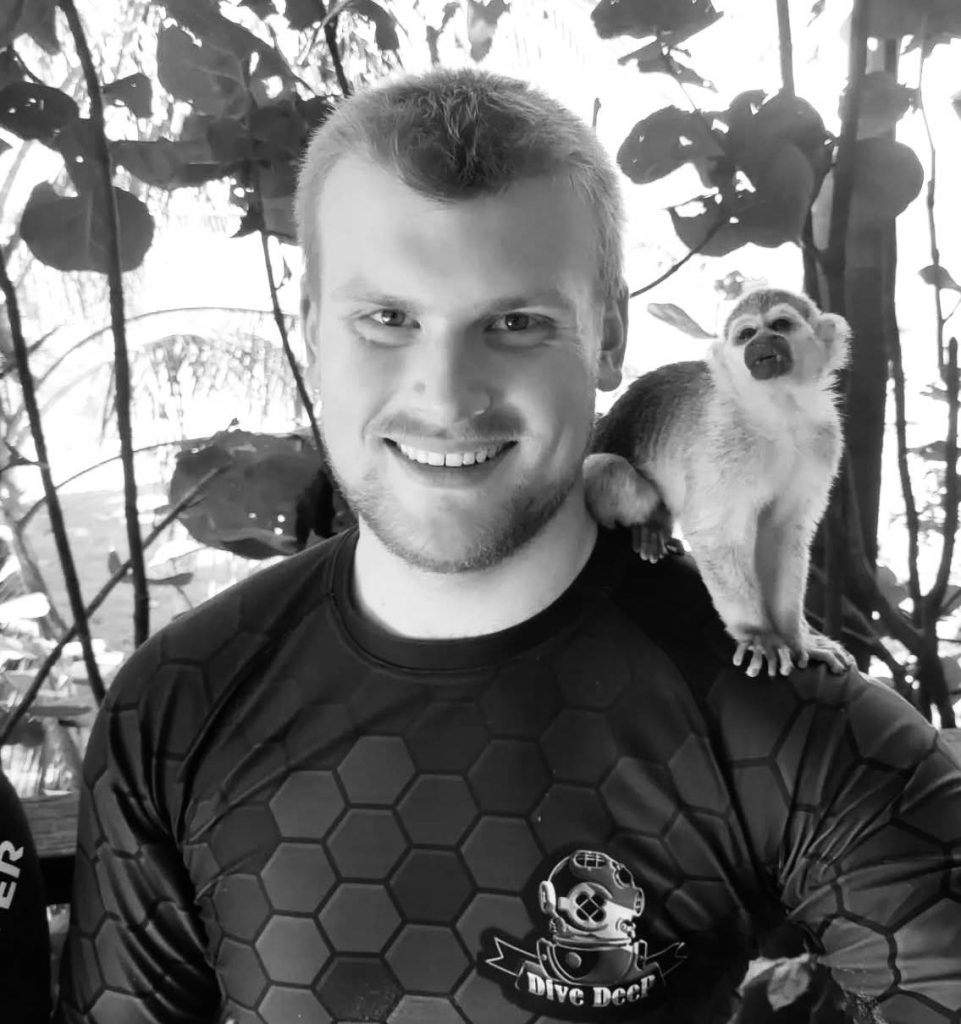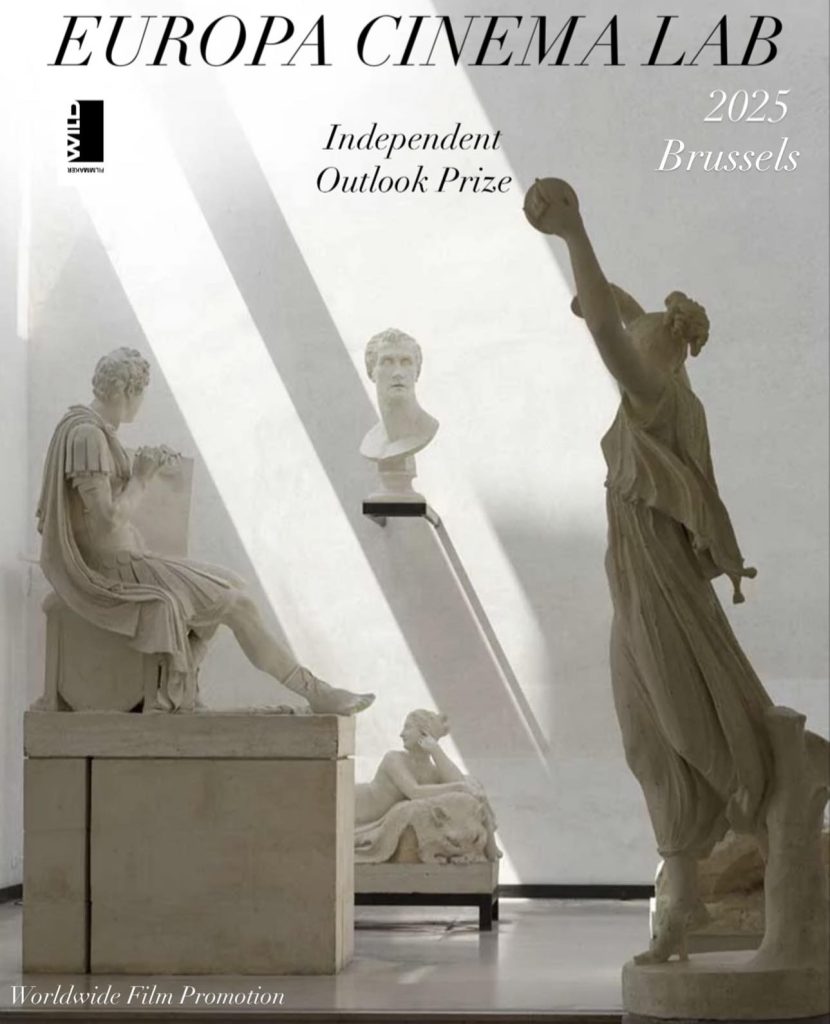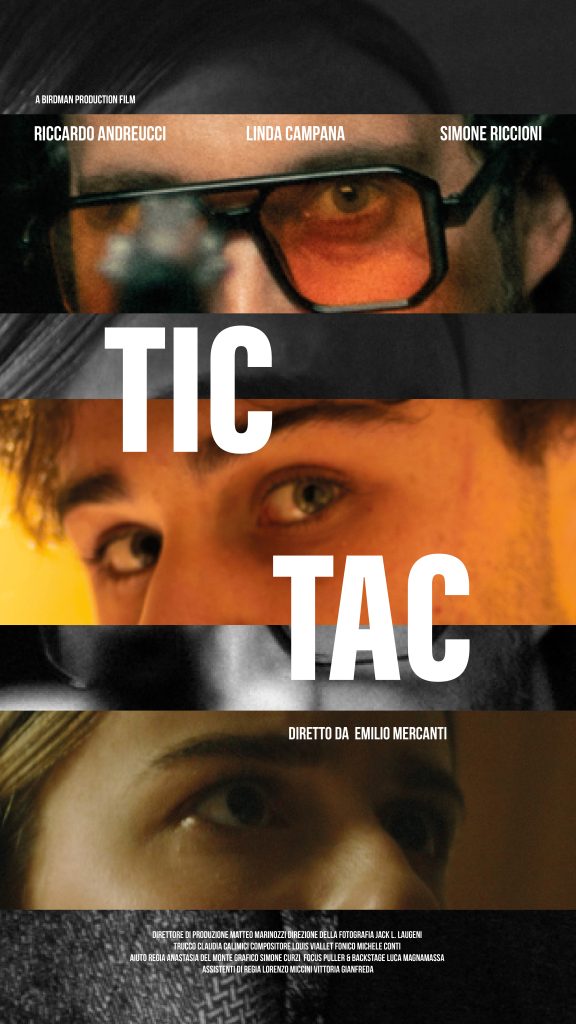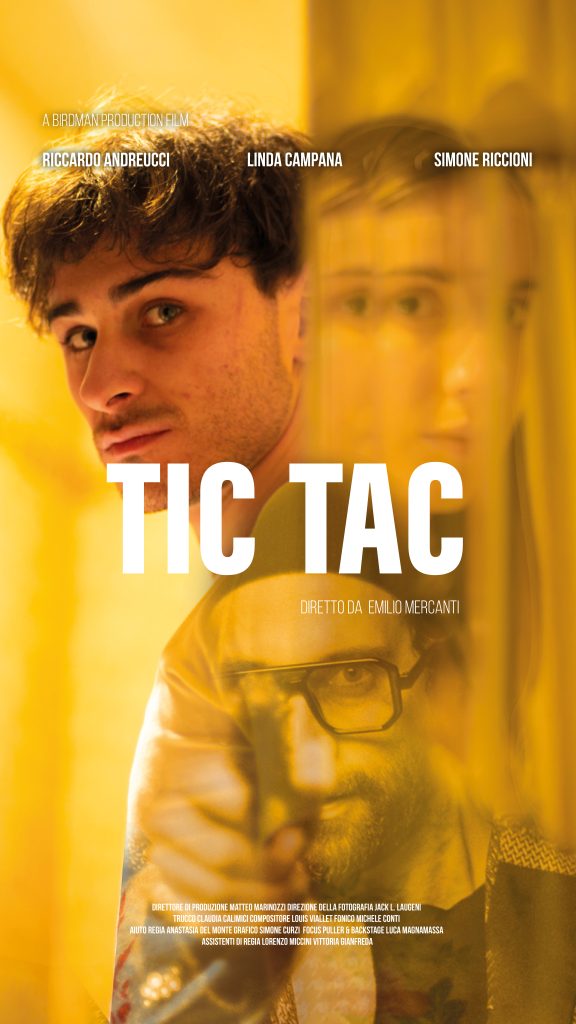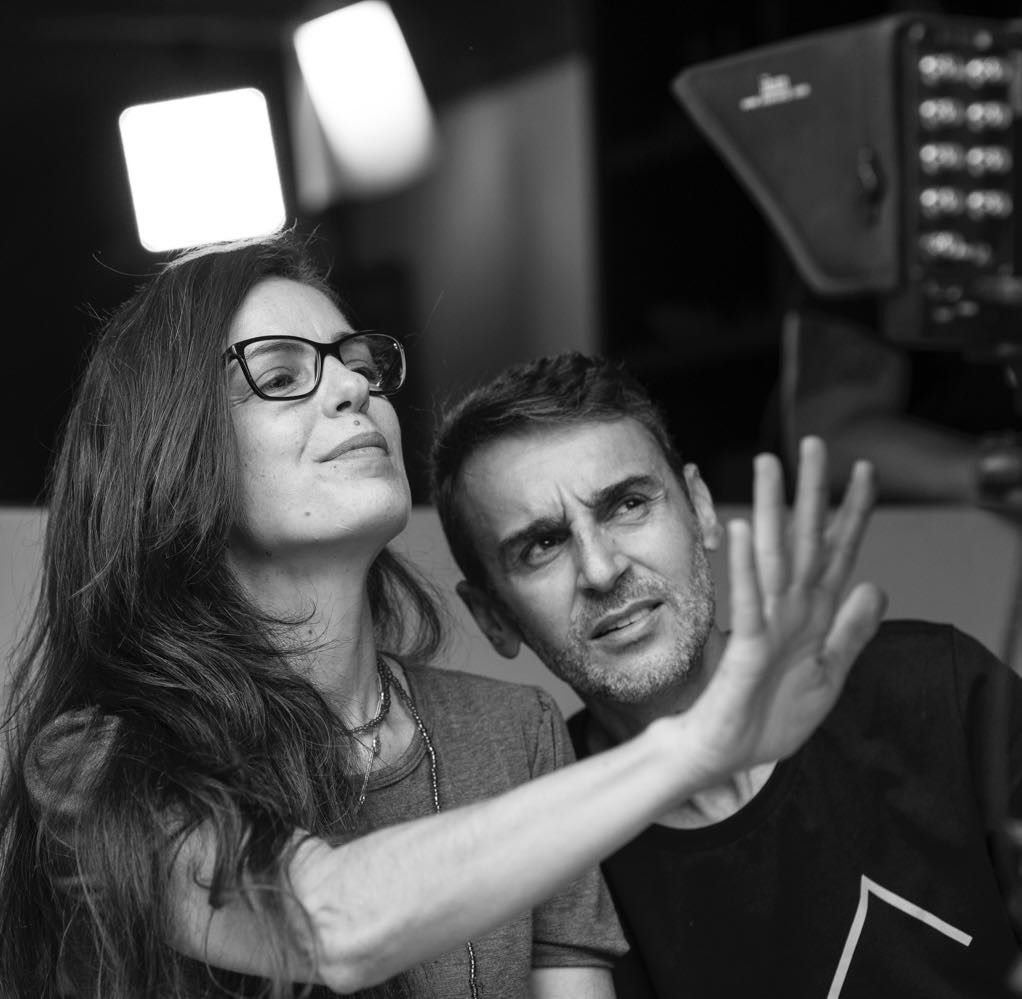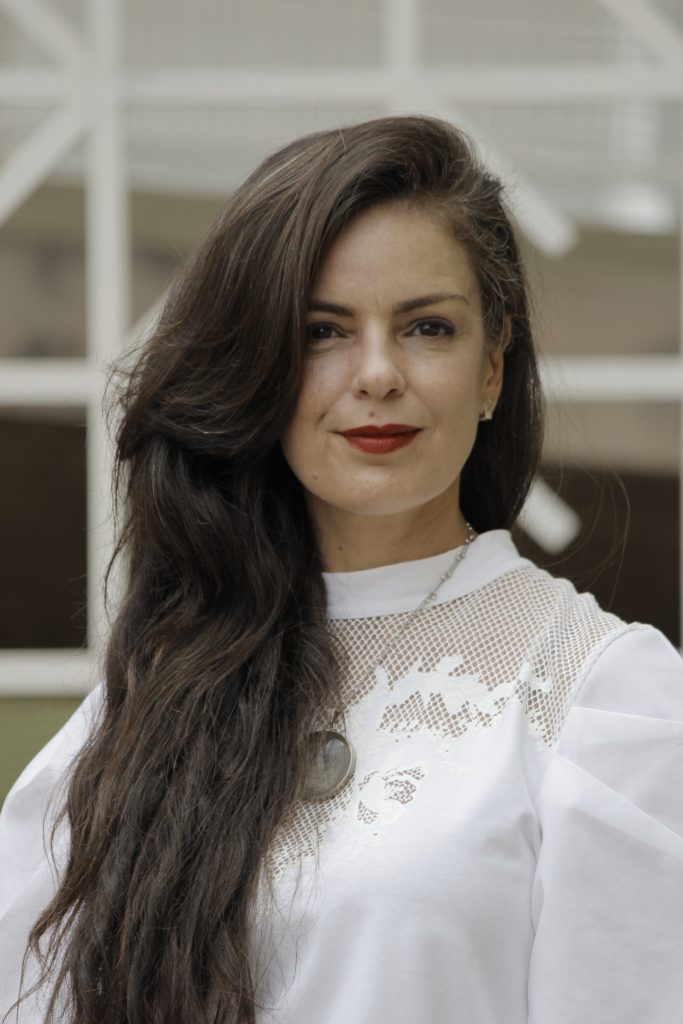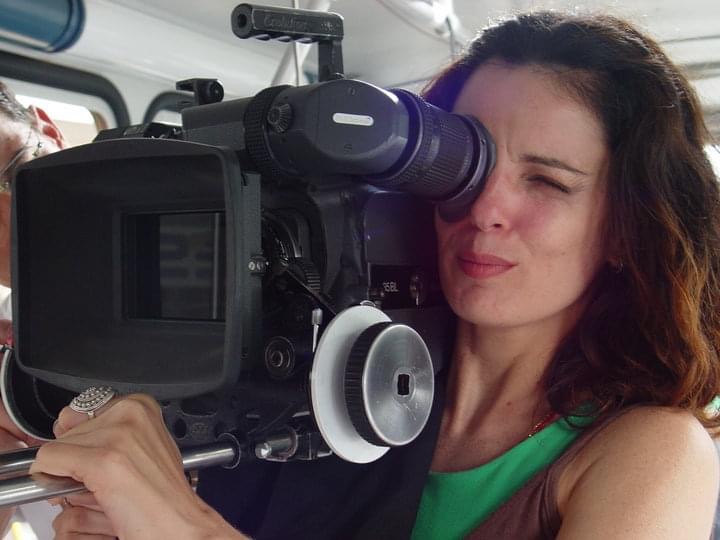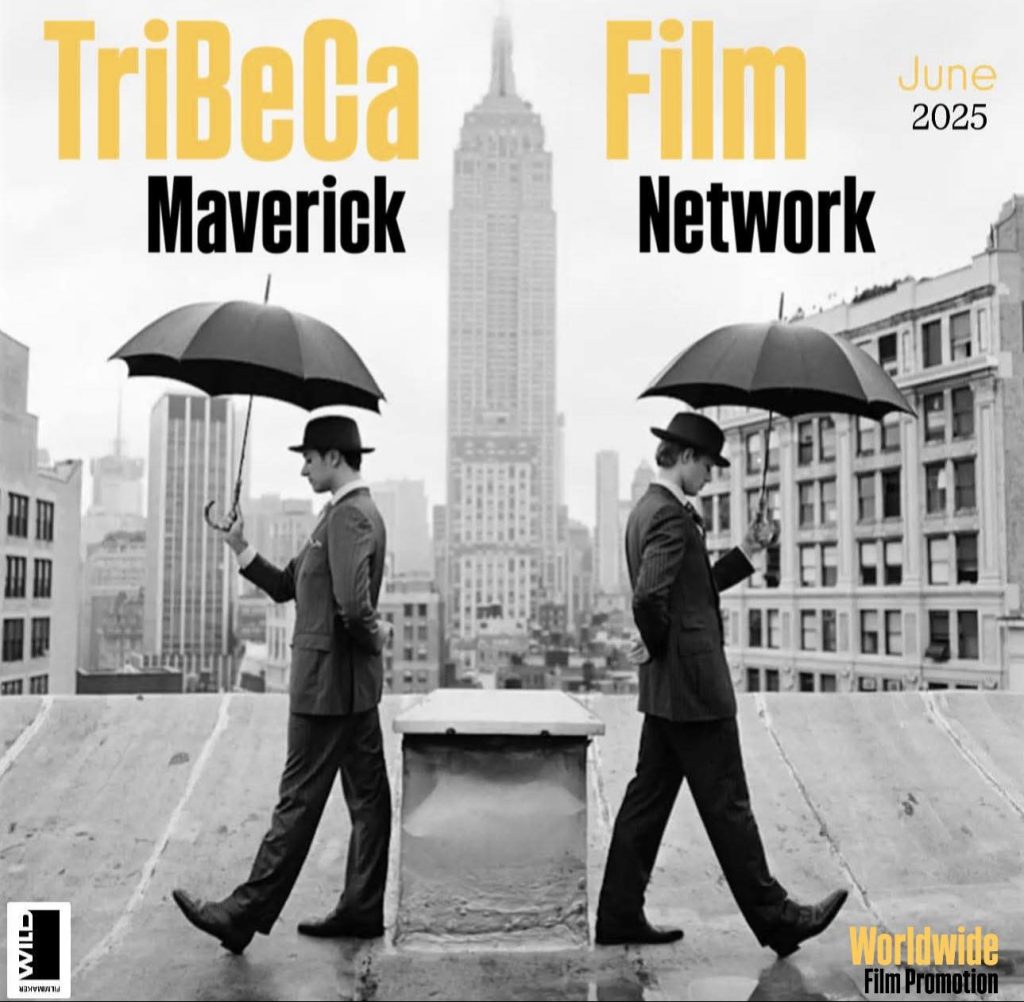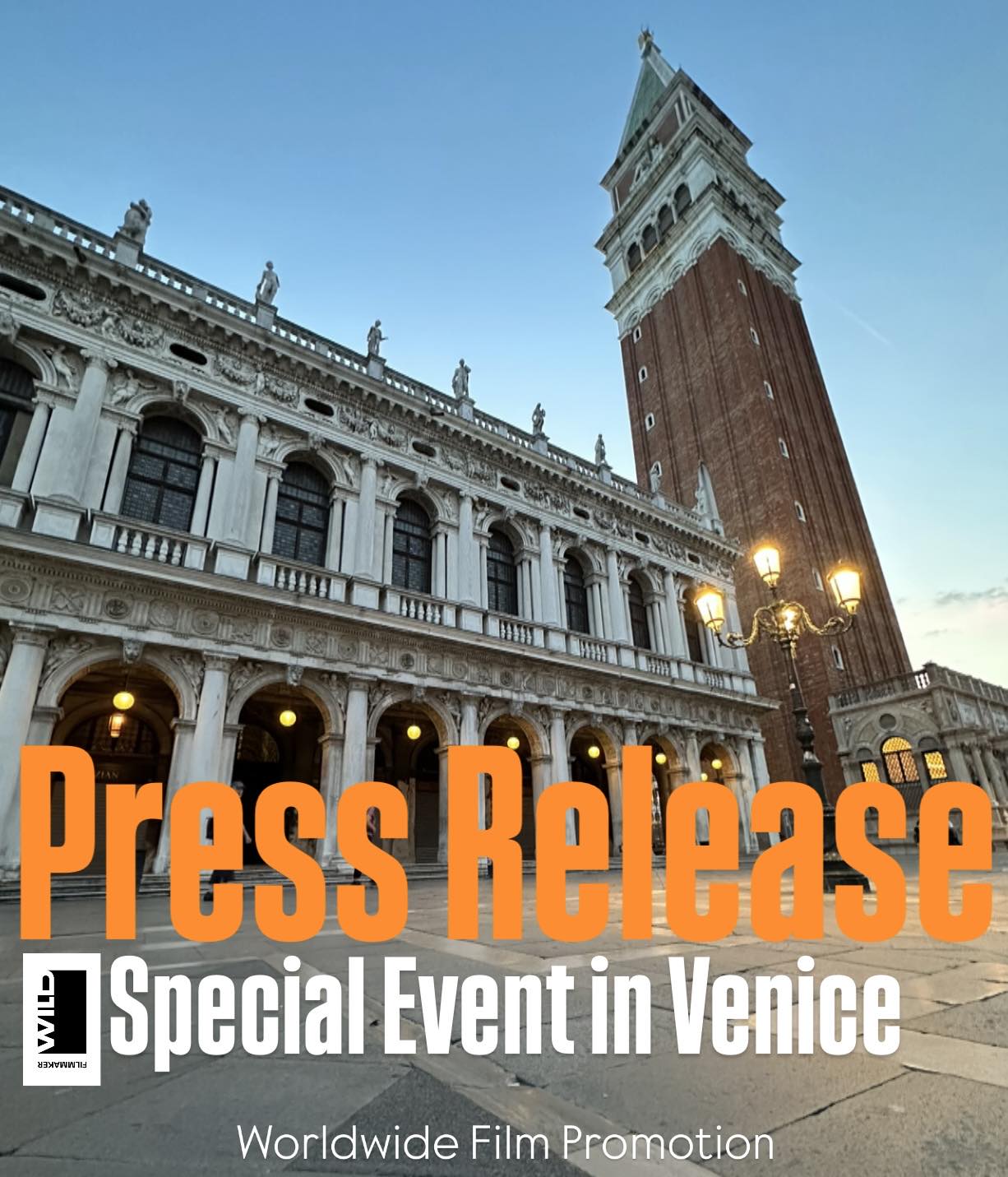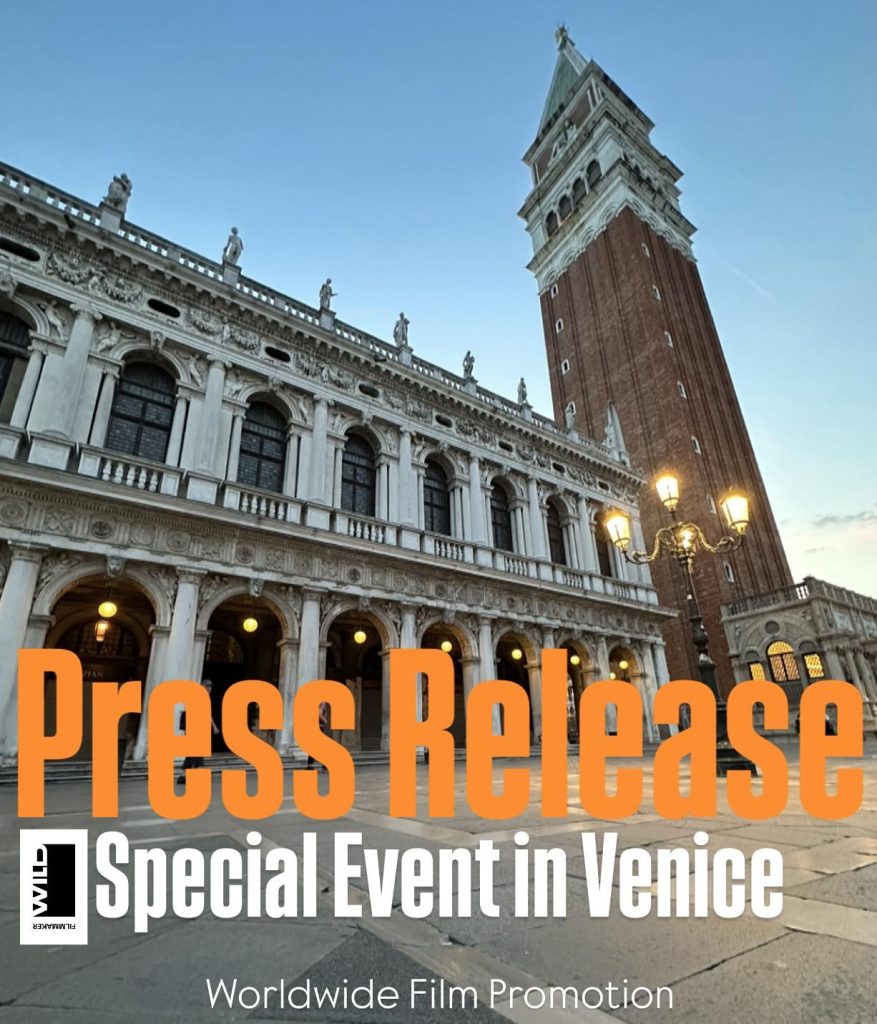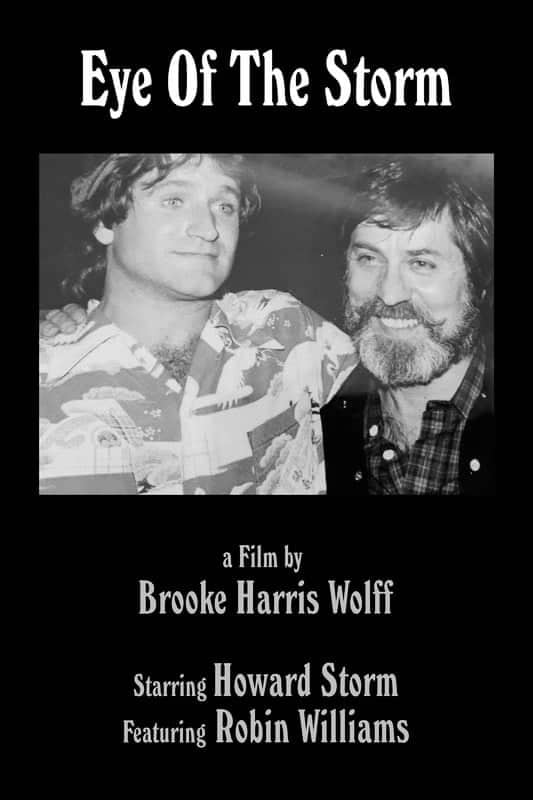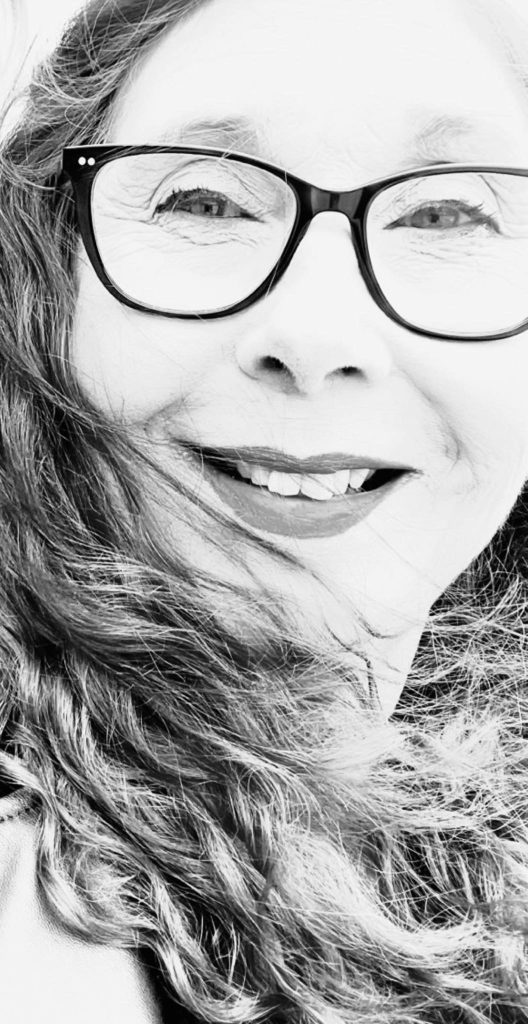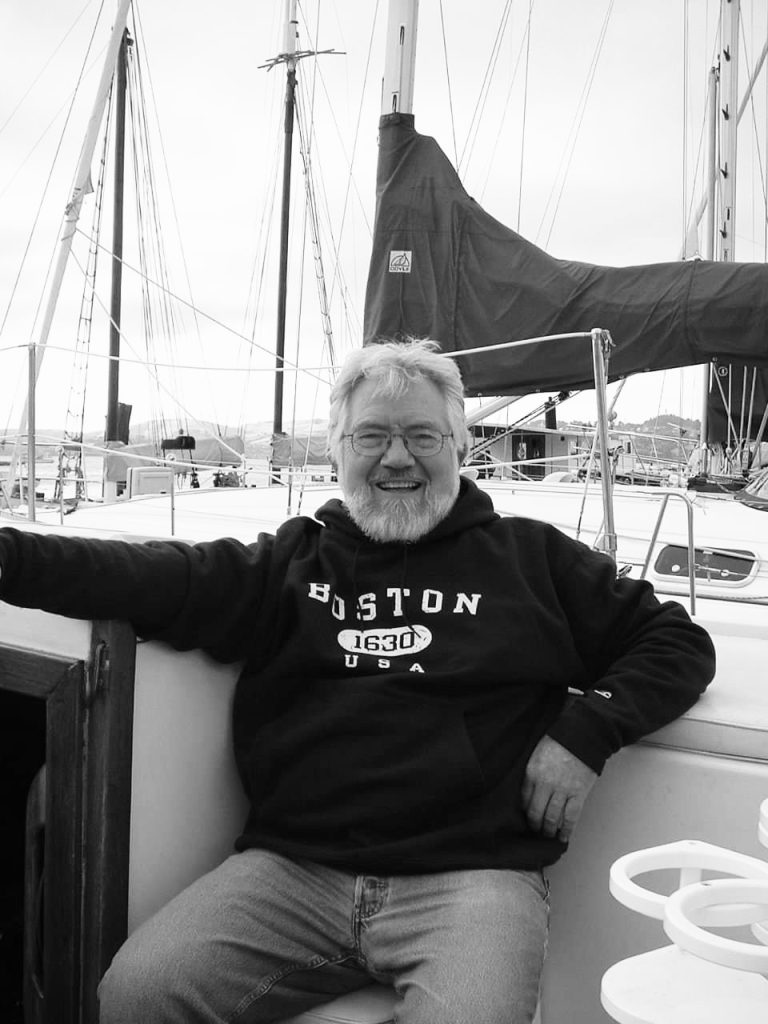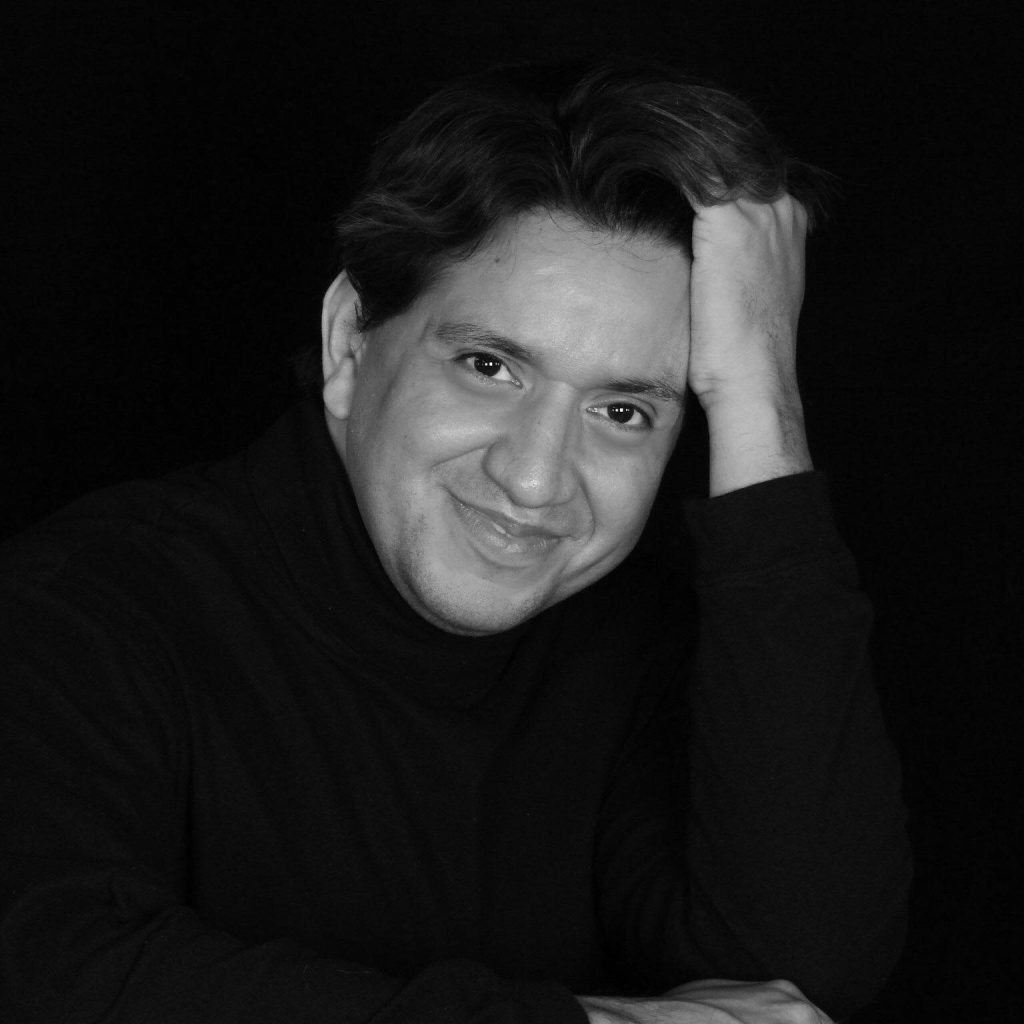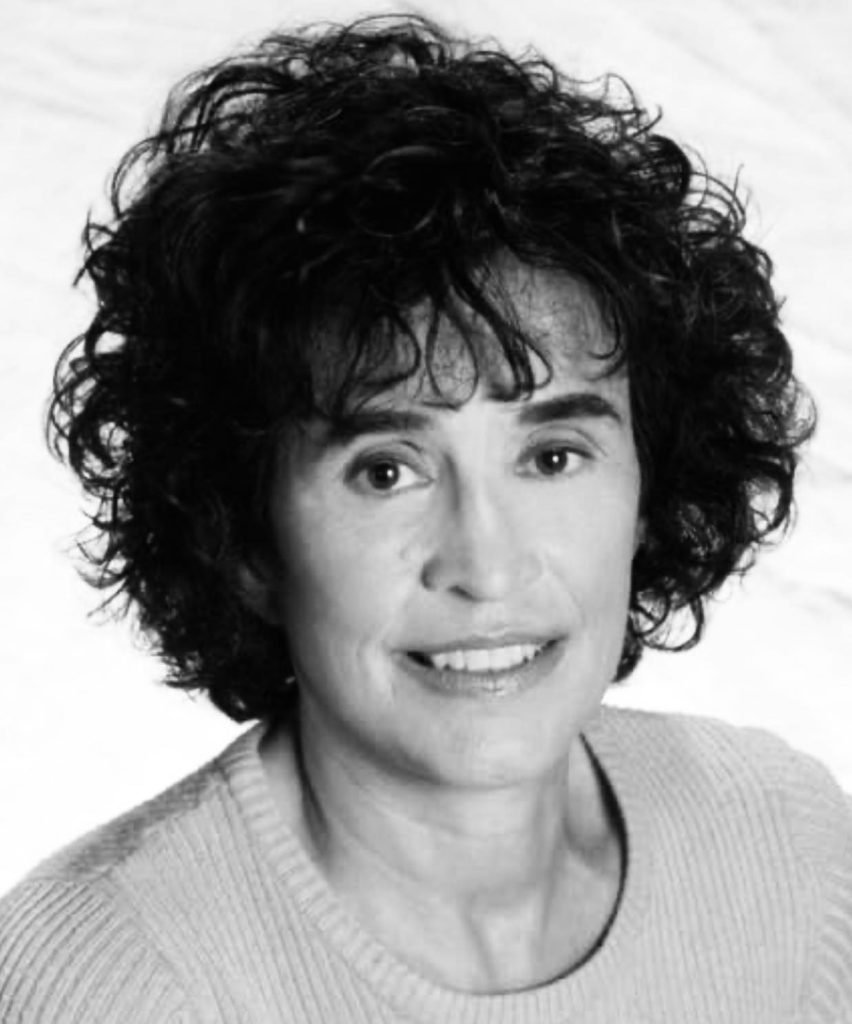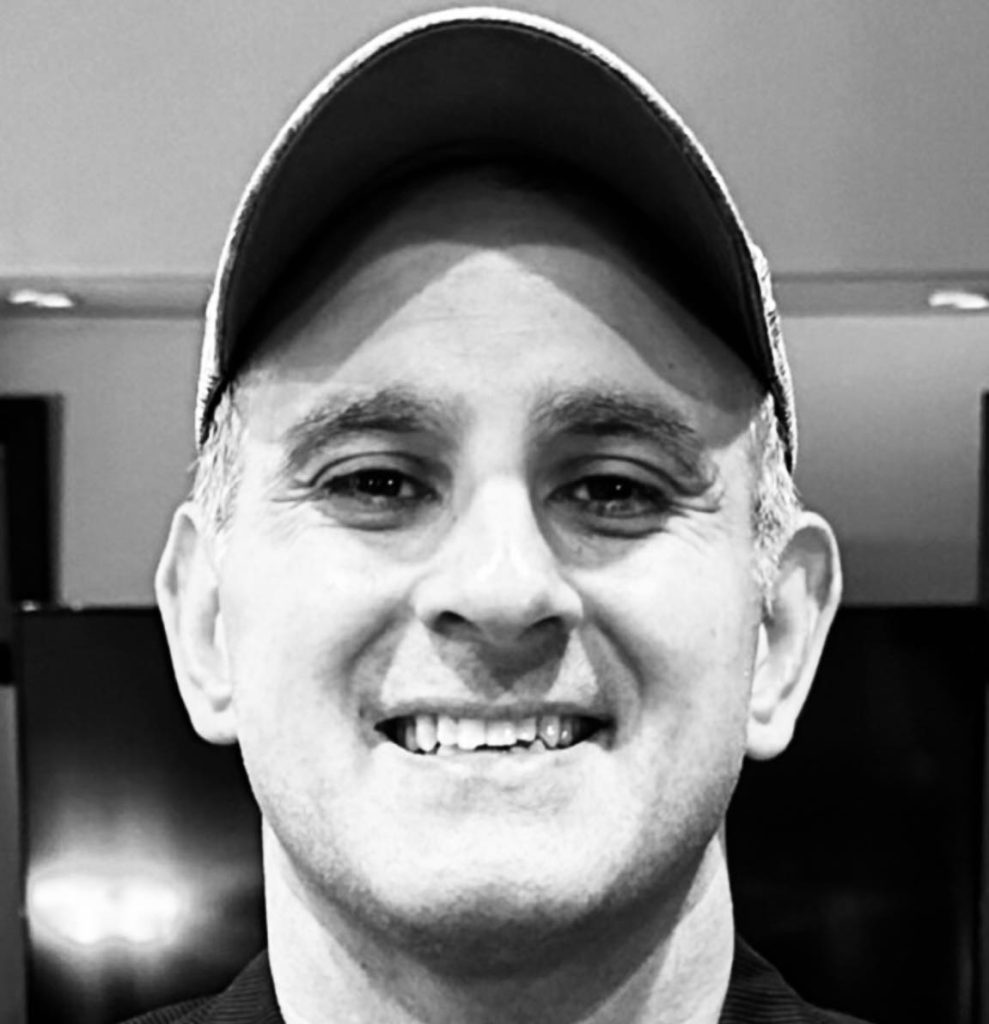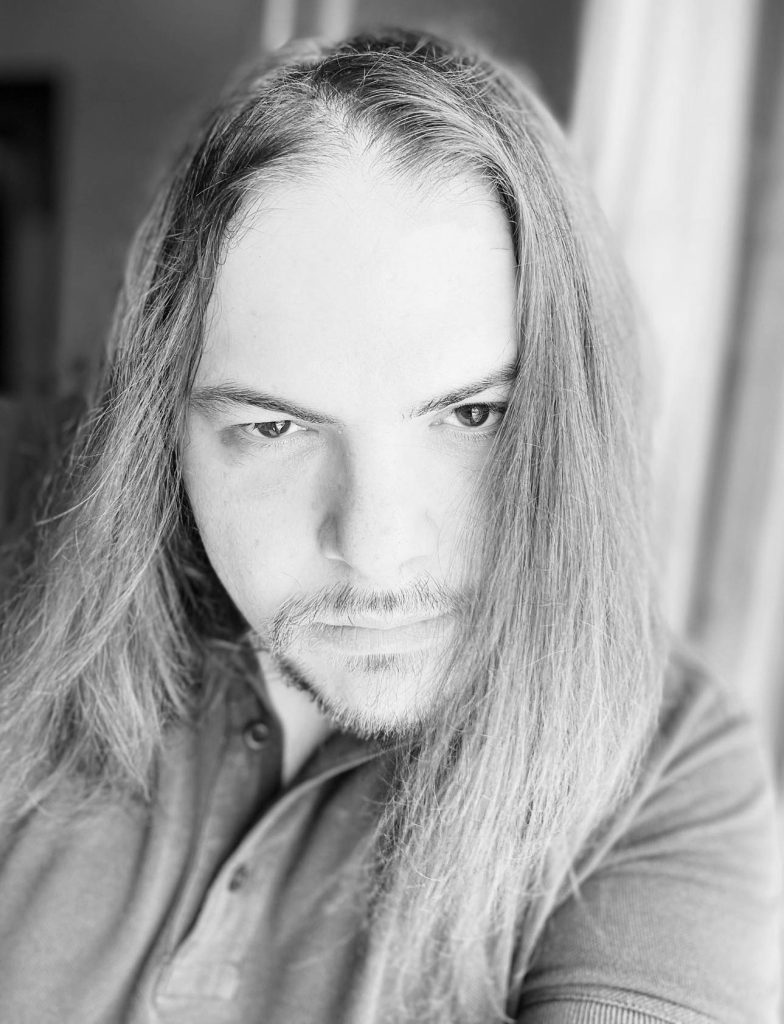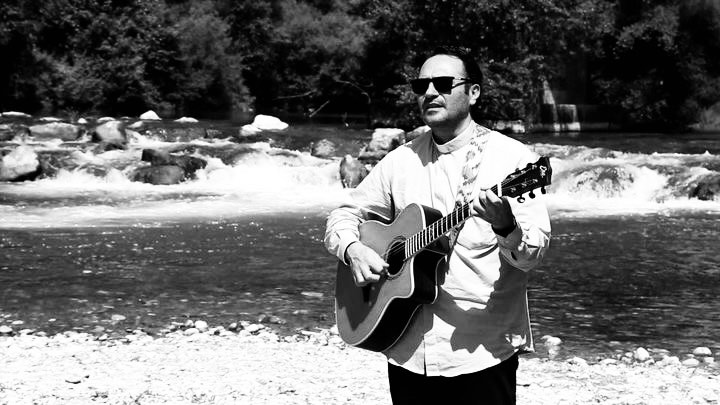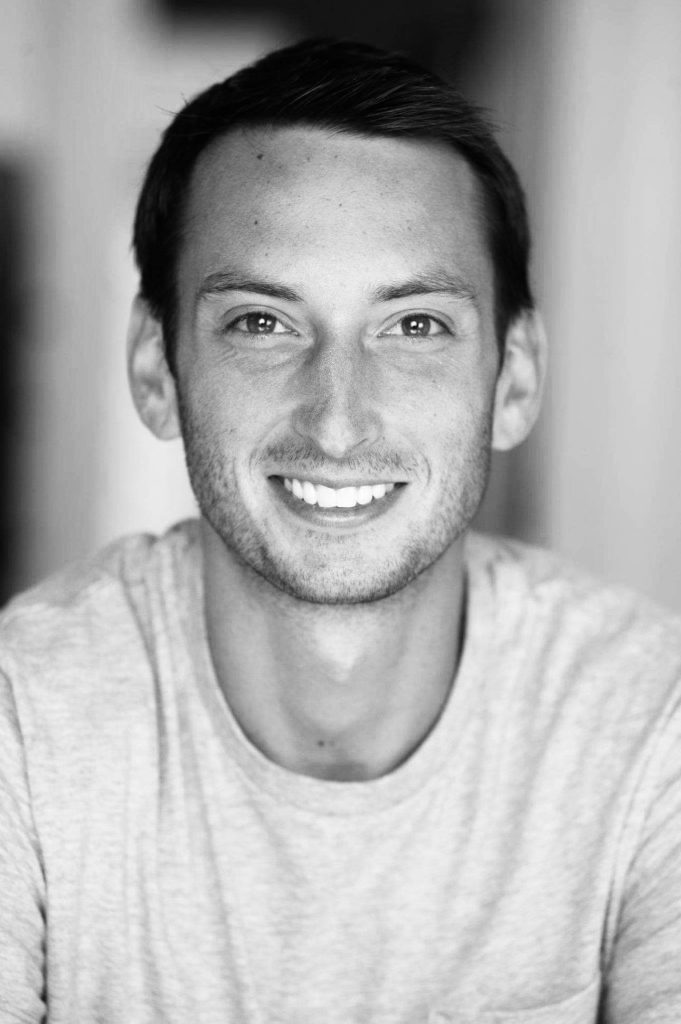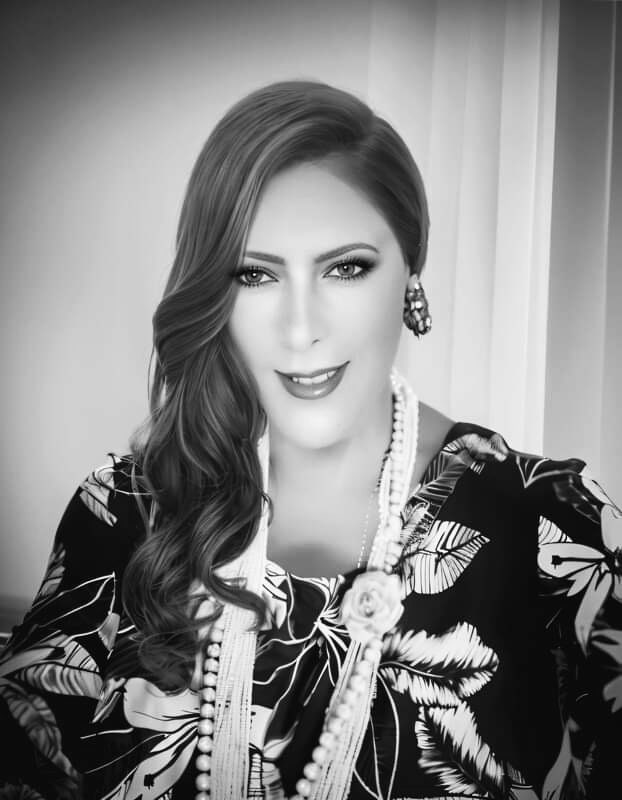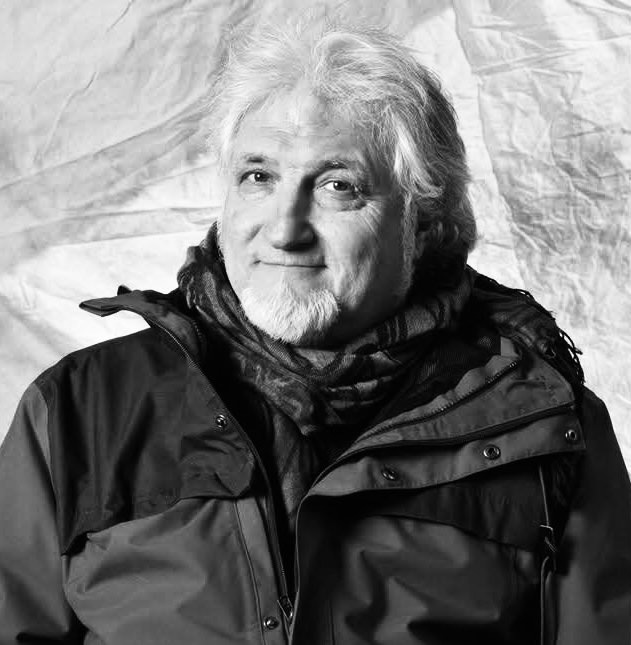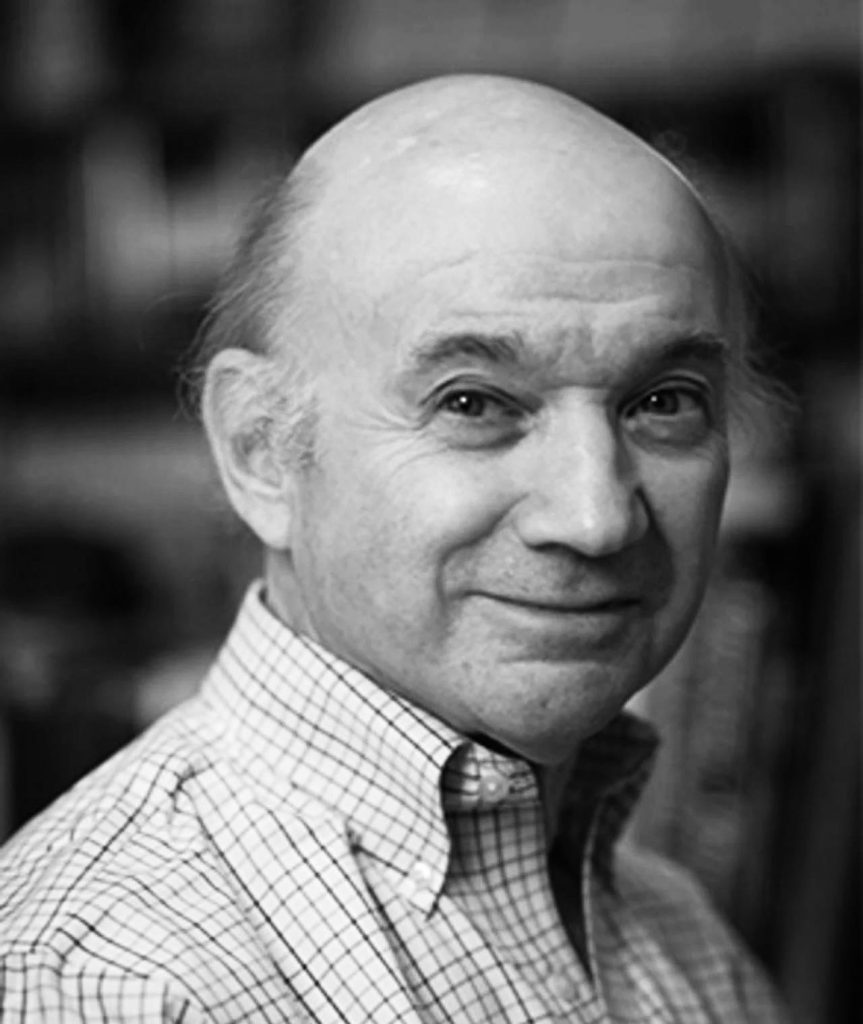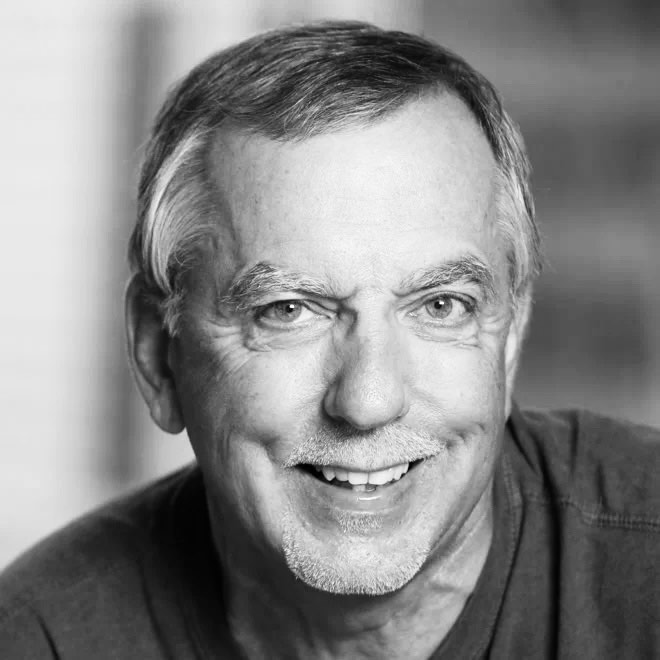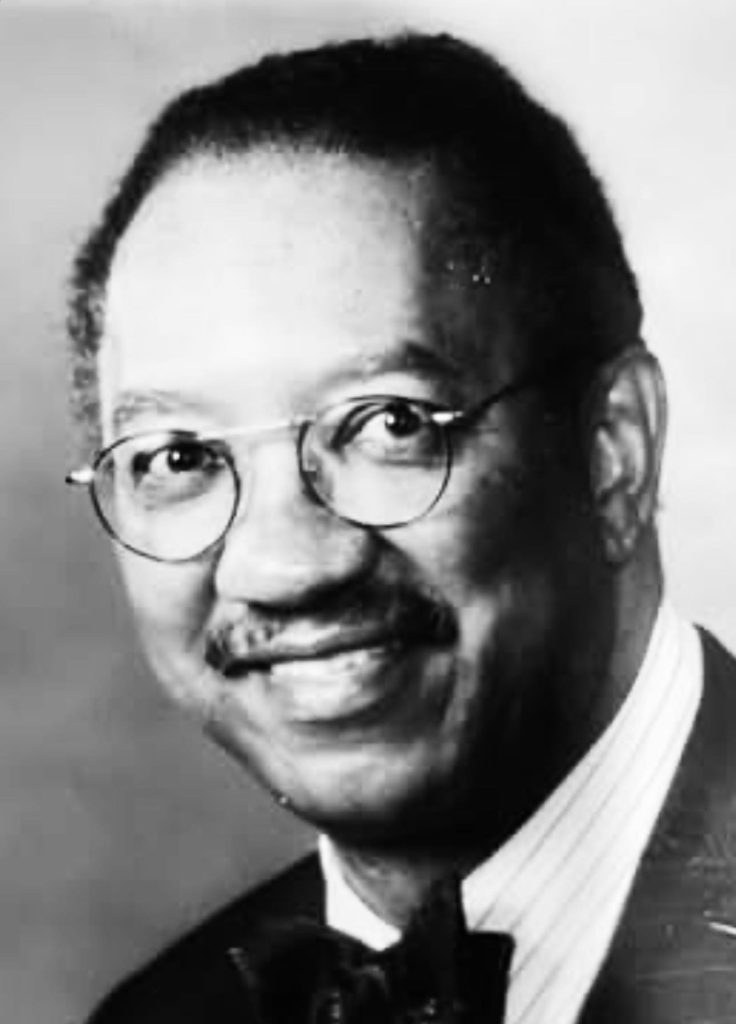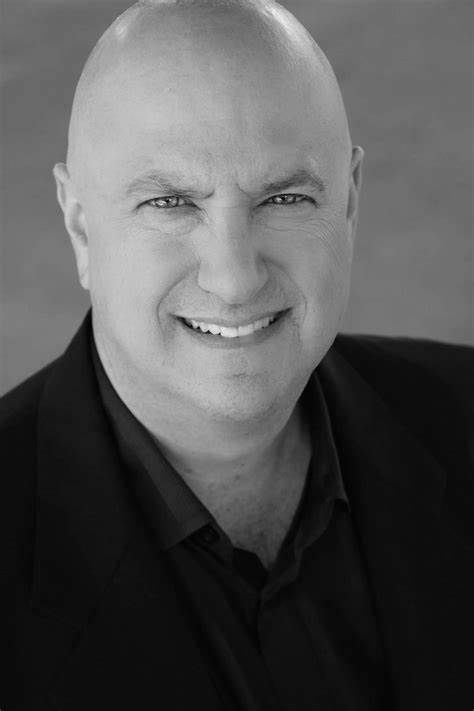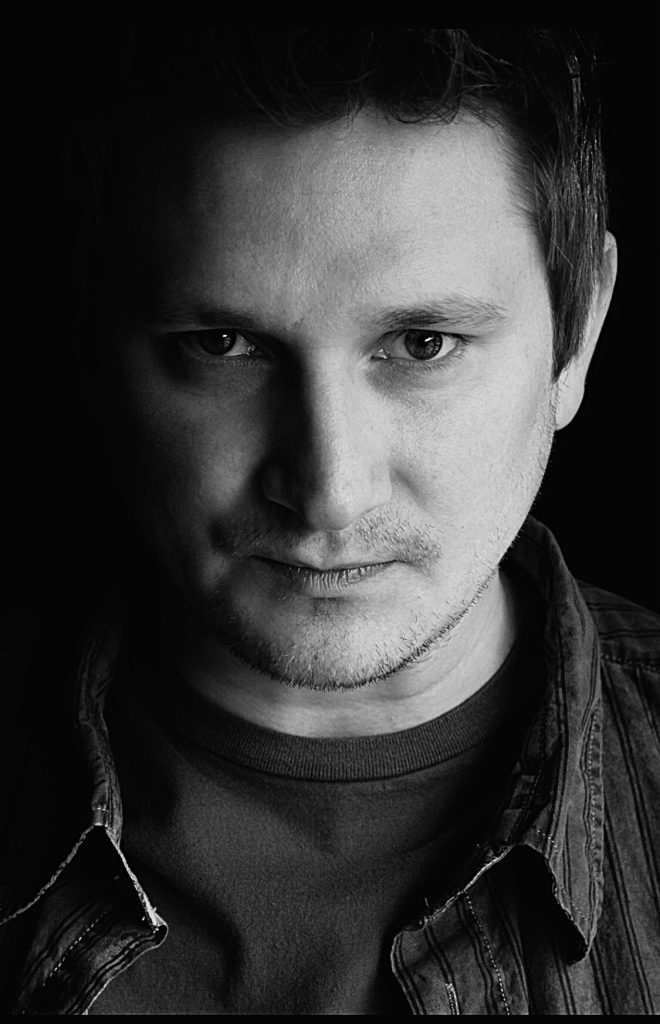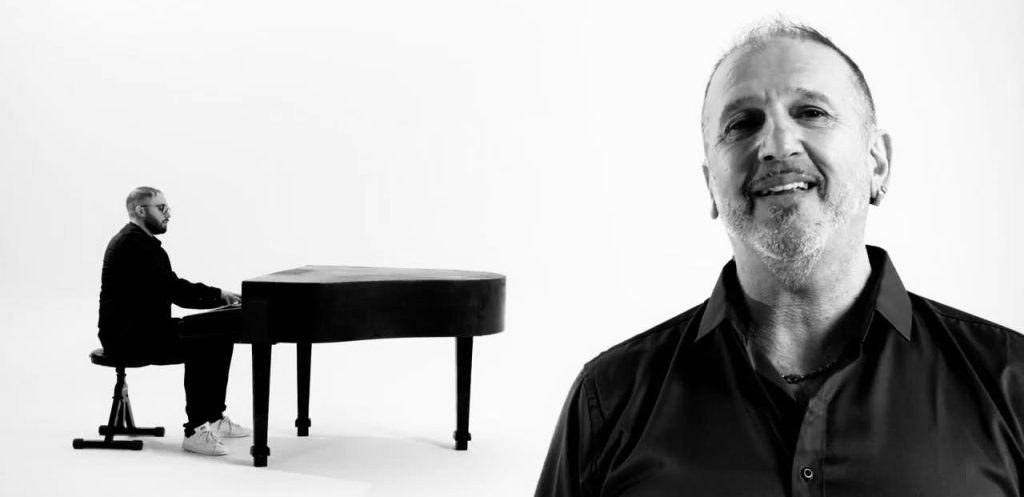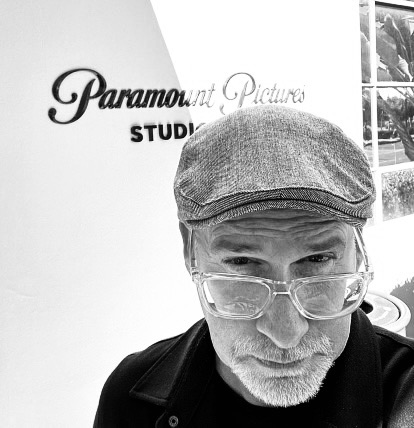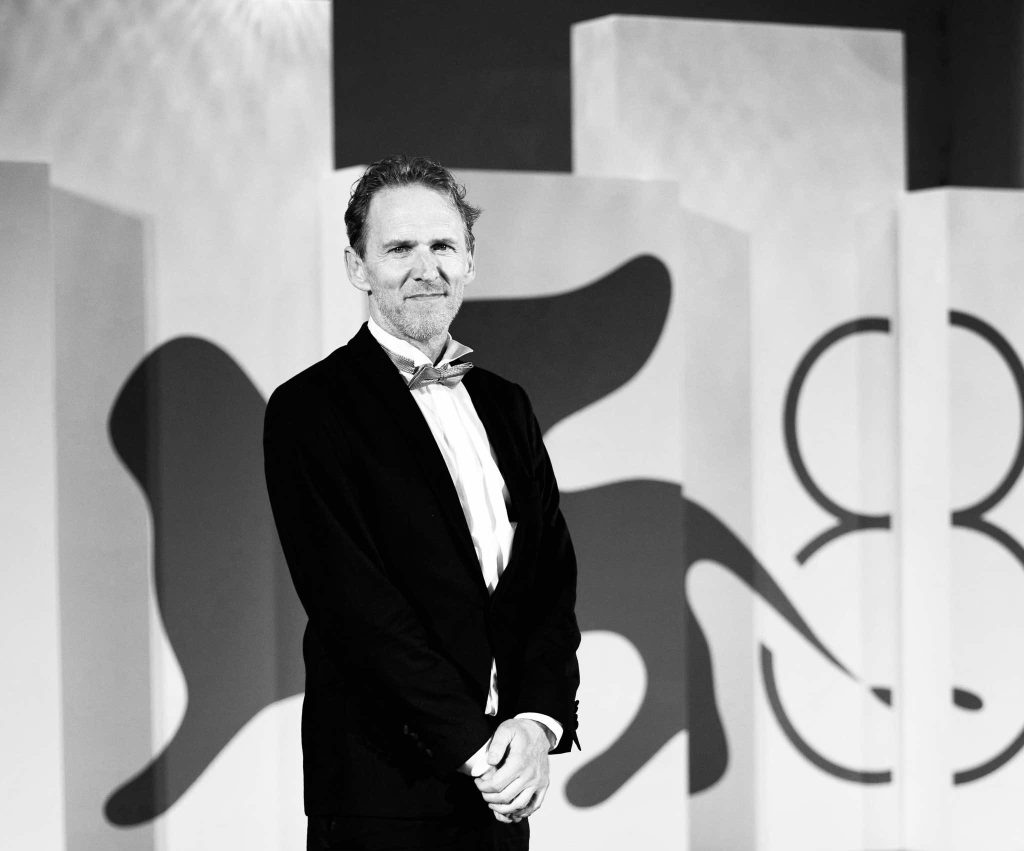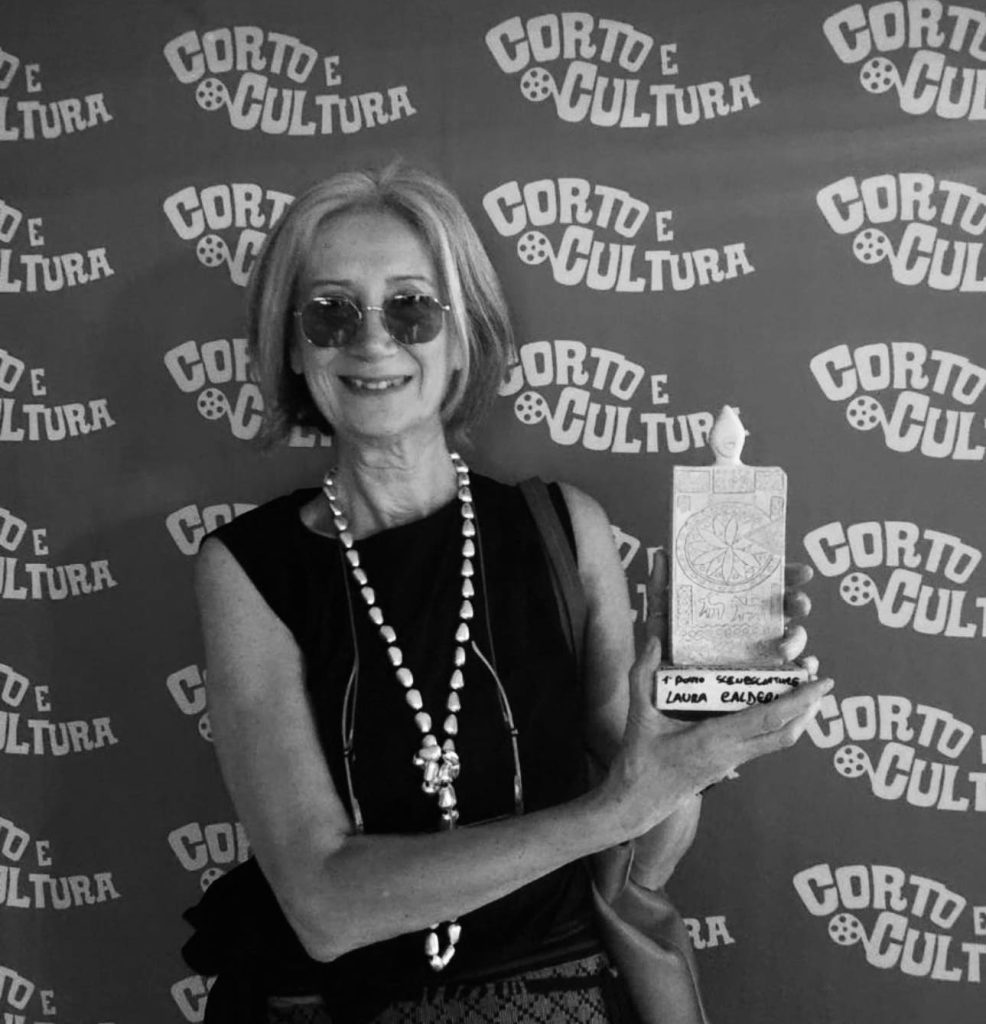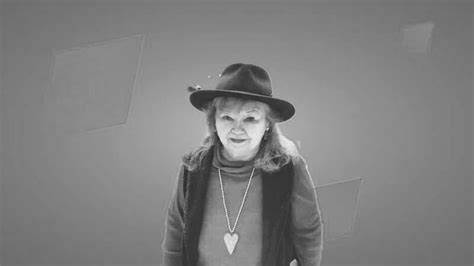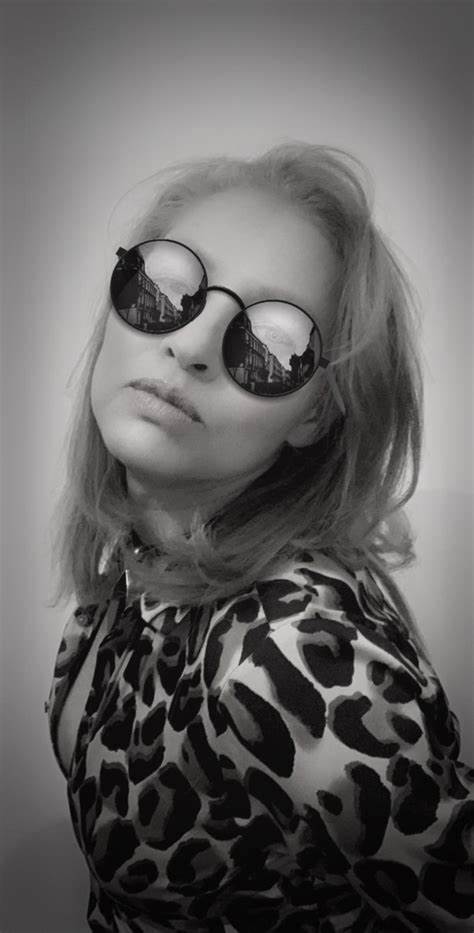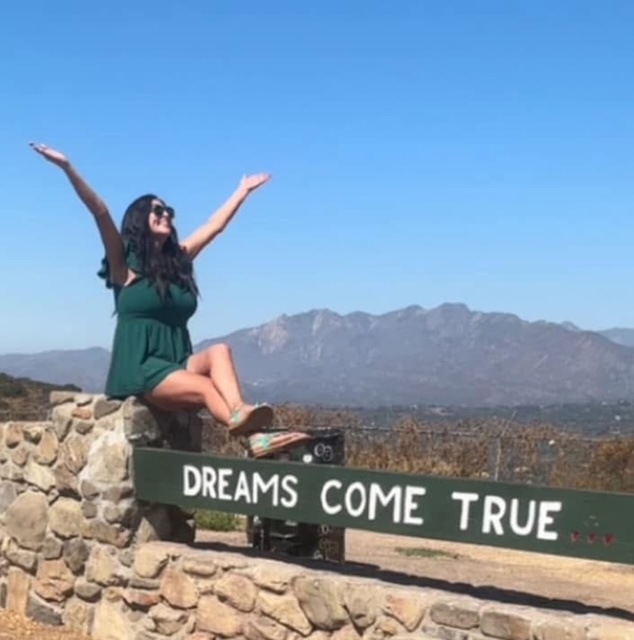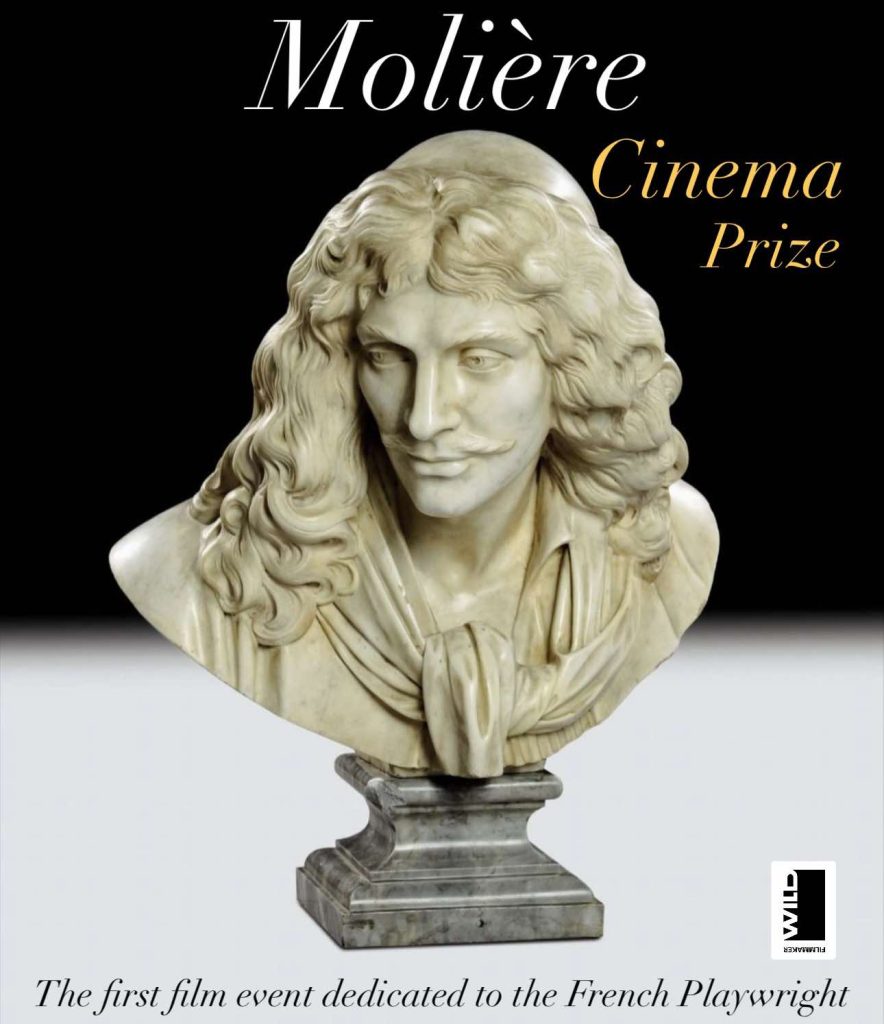
Joanna’s Kitchen
BEST INDIE FEATURE SCRIPT
Lobby Card Pilot: Some Fabulous
BEST ORIGINAL TELEVISION SCRIPT 2025 & BEST SCREENWRITER (Category: Pilot TV/Television Script)
Because We Are Too Many
BEST INTERNATIONAL DRAMA 2025
Doctor Hypotheses 2 – The Breakdown
BEST NEW FEATURE SCRIPT 2025
Medea
BEST DIRECTOR, BEST SOUNDTRACK & BEST EDITING (Category: International Narrative Short)
Man in a Can
BEST INTERNATIONAL ANIMATION
Elevation to the Depths II & III
BEST INTERNATIONAL SCREENWRITER (Category: Original Feature Script)
The Arcangel Of Death
BEST INTERNATIONAL ACTOR
Planetary Rebellion
BEST EUROPEAN DIRECTOR & BEST EDITING (Category: Music Video)
Omnipotent Resolution
BEST CHOREOGRAPHY, BEST INTERNATIONAL SINGER & BEST ARTHOUSE MUSIC VIDEO
Mind Over Matter
BEST INTERNATIONAL SUPER SHORT FILM
Atlas of Uncertainty
BEST SOUND DESIGN
Darker Realities
BEST SCREENWRITER 2025 (Category: Arthouse Feature Script)
Not Without Gloves
BEST POETRY SHORT FILM, BEST BLACK & WHITE CINEMATOGRAPHY, BEST DIRECTOR & BEST PRODUCER (Category: Experimental Film)
Brothers of Babylon
BEST AMERICAN SCREENPLAY 2025
Remnant
BEST INTERNATIONAL DIRECTOR (Category: Narrative Feature), BEST ARTHOUSE NARRATIVE FEATURE, BEST SCREENWRITER & BEST ORIGINAL SCRIPT
Gold, Gloves & Glory
BEST AMERICAN INDIE FEATURE SCRIPT
Hummel
BEST INTERNATIONAL SHORT SCRIPT
The Hallmark Couple
BEST INDIE SCREENWRITER OF THE YEAR
Malibu Madam
BEST ARTHOUSE FEATURE SCRIPT
Lucky in Long Island
BEST ORIGINAL SCRIPT
The Stones of Rome
BEST HISTORICAL SHORT FILM, BEST INTERNATIONAL INDIE ACTOR & BEST AMERICAN NARRATIVE SHORT
The Pathos of Hamlet
BEST ACTING (Category: Narrative Short) & BEST ARTHOUSE PRODUCER
The Duchess
BEST INTERNATIONAL DRAMA, BEST ACTOR/ACTRESS & BEST CINEMATOGRAPHY
RETHINK – a Philosophical Web Series
BEST INTERNATIONAL WEB SERIES & BEST ORIGINAL EDITING
The Assassin’s Apprentice 2: Silbadores of the Canary Islands
BEST AMERICAN NARRATIVE SHORT 2025, BEST SCREENPLAY SHORT, BEST CAST & BEST ARTHOUSE FILMMAKER
Routine
BEST INDIE PRODUCER, BEST INDIE SHORT FILM & BEST SOUND DESIGN
The Great Animal Escape by Linda Harkey and illustrated by Jeff Yesh
BEST INTERNATIONAL BOOK 2025
Katabasis
BEST PICTURE, BEST CAST, BEST ORIGINAL SCREENPLAY & BEST DIRECTOR (Category: Narrative Feature)
The Priory of Sion
BEST EUROPEAN FEATURE SCRIPT 2025 & BEST HISTORICAL SCRIPT
Can’t Figure It Out
BEST ARTHOUSE DIRECTOR, BEST CINEMATOGRAPHY & BEST EDITING (Category: International
Experimental Film)
Déjà Vu On The Ledge
BEST EXPERIMENTAL FILM 2025
Lambada The Dance Of Fate
BEST BIOGRAPHICAL SCRIPT & BEST INTERNATIONAL ORIGINAL SCREENWRITER
Monument to Love
BEST DIRECTOR & BEST PRODUCTION COMPANY 2025 (Category: Documentary Feature)
Alta California
BEST AMERICAN FEATURE SCRIPT 2025 & BEST ARTHOUSE SCREENWRITER
Only You Can Save Her,” pilot teleplay of series THE BOY WHO EARNED HIS MAGIC
BEST ORIGINAL TELEVISION SCRIPT 2025
Fortezza
BEST ARTHOUSE SONG WRITER
Lacrime di Vento
BEST DIRECTOR, BEST CINEMATOGRAPHY & BEST ORIGINAL IDEA (Category: Educational Film)
Min
BEST DIRECTOR & BEST CINEMATOGRAPHY (Category: Super Short Film)
The Quest for Camelot
BEST INTERNATIONAL INDIE FILMMAKER
Corn Bread Dressing
BEST FEATURE SCRIPT & BEST AMERICAN ORIGINAL SCREENWRITER
Walking In Memphis
BEST INTERNATIONAL PILOT/TV SCRIPT
The Days of Knight: Chapter 3
BEST INTERNATIONAL FILMMAKER, BEST SCREENPLAY SHORT, BEST TRAILER & BEST INDIE PRODUCTION COMPANY
Colombano & La 21esima Fetta
BEST EUROPEAN INDIE FILM 2025
NeverWere: a Lycan Love Story
BEST ARTHOUSE SCREEWNWRITER OF THE YEAR & BEST ORIGINAL FEATURE SCRIPT
Mashuga Wedding and Sheldon’s Jewish Christmas
BEST DIRECTOR, BEST SCREENPLAY & BEST ORIGINAL SCORE (Category: International Comedy)
Thankful
BEST INDIE FEATURE SCRIPT 2025
French Broad
BEST INTERNATIONAL PILOTV TV & BEST WRITER (Category: Television Script)
Am I a painter?Czy jestem malarzem?
BEST CINEMATOGRAPHER, BEST ARTHOUSE PRODUCER & BEST INTERNATIONAL FILMMAKER (Category: International Animated Short Film)
The way of Mizoguchi
BEST ORIGINAL DOCUMENTARY FEATURE & BEST CAMERA OPERATOR
Nossos Caminhos (Our Paths)
BEST INTERNATIONAL INDIE FEATURE SCRIPT
Eye of the Storm
BEST BIOGRAPHICAL DOCUMENTARY & BEST ORIGINAL DIRECTOR
The Dead Ringer
BEST INTERNATIONAL ARTHOUSE FEATURE SCRIPT
Innovation in Connecticut
BEST INDIE EDUCATIONAL FILM
The Hallmark Couple
BEST ORIGINAL FEATURE SCRIPT
Iriso
BEST ARTHOUSE FILMMAKER & BEST EDITING (Category: International Drama)
The Woman and the Cross
BEST INTERNATIONAL INDIE DIRECTOR & BEST INDIE CINEMATOGRAPHER
Gold, Glory & Nobility
BEST INTERNATIONAL SCREENWRITER (Category: Indie Feature Script)
The Esteemed Priority
BEST ARTHOUSE ANIMATED SHORT FILM & BEST POETRY SHORT FILM
La sposa nel vento
BEST EUROPEAN EDUCATIONAL FILM


